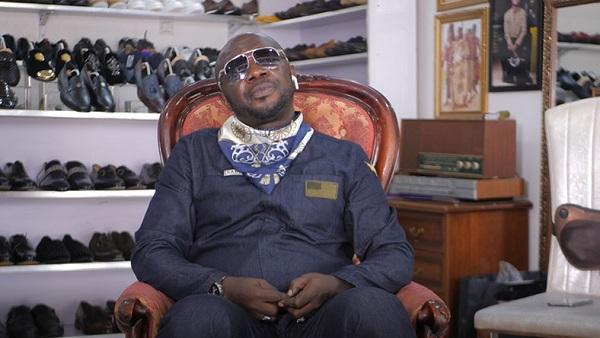There are now 80 confirmed cases of monkeypox across 12 countries, prompting concerns among doctors about the impact on sexual health.
There are 20 confirmed cases in the UK, health secretary Sajid Javid said on Friday (20 May), and the remaining 60 confirmed cases are spread across eight more European countries – Spain, Portugal, Germany, Belgium, France, the Netherlands, Italy and Sweden – as well as the US and Canada.
Additionally, the World Health Organisation (WHO) said in a statement that there were 50 potential cases which were “pending investigation”, and that “more cases are likely to be reported as surveillance expands”.
WHO’s Europe regional director Hans Kluge told the BBC that of the confirmed cases of monkeypox, which is most often seen in West and Central Africa, just one affected a person who had recently travelled to an area where the virus is endemic.
In the UK, monkeypox appears to be disproportionately affecting queer men, which led the UK Health Security Agency (UKHSA) to warn men who have sex with men “to be aware of any unusual rashes or lesions and to contact a sexual health service without delay if they have concerns”.
Experts are now concerned about the “massive” impact the monkeypox outbreak could have on sexual health more generally.
The rare virus, in the same family as smallpox, has not previously been described as a sexually transmitted infection, but it it can be passed on through very close human contact, such as touching blood or body fluids or prolonged exposure to the respiratory droplets of an infected person. It can also been transmitted with clothing or linens used by an infected person.
Dr Claire Dewsnap, president of the British Association for Sexual Health and HIV, told the BBC that the monkeypox outbreak was worsening the “significant pressure” that sexual health clinic staff are already under.
“It is already stretching the workforce and will have a massive impact if staff have to isolate if they are in close contact with someone who’s infected.
“I am concerned about the potential impact on access to sexual health generally.”
Clinics are taking measures to isolate patients that may have monkeypox from other service users, and some staff have received smallpox vaccines. The smallpox vaccine provides some protection as monkeypox is a similar yet milder virus.
Initial symptoms of monkeypox are flu-like, including fever, headache, muscle aches, backache, swollen lymph nodes, chills and exhaustion.
The rash often begins on the face, before spreading to other parts of the body, including the genitals. It can initially look like chickenpox, before forming a scab, which later falls off.
Sexual health clinics are asking patients to call ahead if they have any unusual rashes or flu-like symptoms.
This content was originally published here.




















